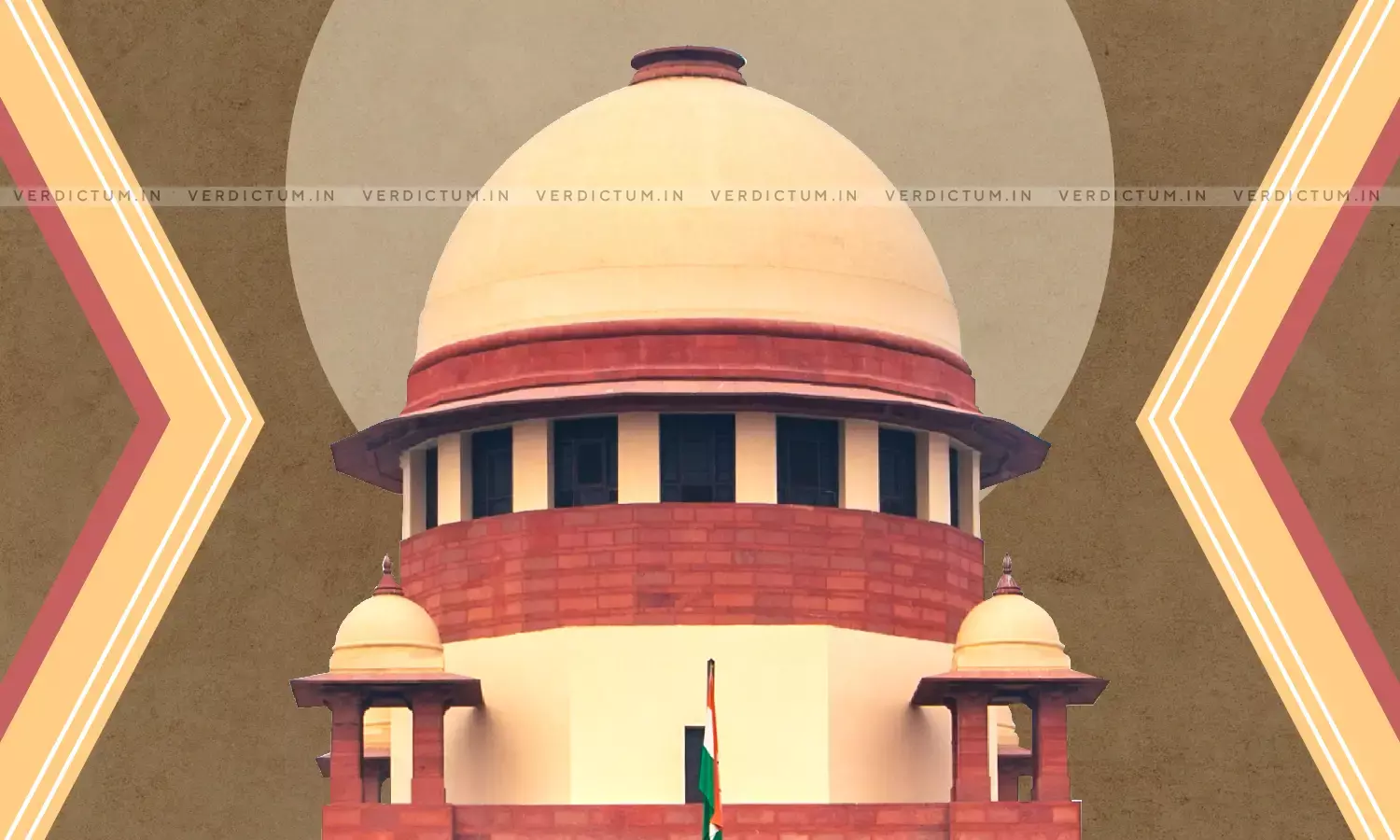Appellate Court May Order Retrial Only In 'Exceptional Circumstances' To Avert A Miscarriage Of Justice – Supreme Court

A three-judge Bench of Justice DY Chandrachud, Justice Vikram Nath, and Justice BV Nagarathna has held that a retrial can only be directed by the Appellate Court in exceptional circumstances to prohibit travesty of justice.
An appeal was preferred against the judgment of Punjab & Haryana High Court which had ordered a joint retrial in cases arising out of two separate FIRs.
In this case, an FIR was lodged against three accused for the offence of Gang Rape. This was followed by the prosecutrix committing suicide for, which another FIR was lodged against the earlier three accused and SI Nasib Singh for abetting the suicide of the prosecutrix. The Additional Sessions Judge, Patiala convicted the three accused, however, acquitted SI Nasib Singh. When appeals were preferred before the High Court by the accused and mother of the prosecutrix, the High Court had remitted the matter for a joint retrial.
The issue which was dealt with by the Court was whether holding separate trials arising out of the two FIRs warranted the direction of the High Court for a fresh and new (de novo) trial.
The Apex Court while referring to precedents formed the following principles –
1) The Appellate Court may direct a retrial only in 'exceptional' circumstances to avert a miscarriage of justice;
2) Mere lapses in the investigation are not sufficient to warrant a direction for retrial. Only if the lapses are so grave so as to prejudice the rights of the parties, can a retrial be directed;
3) A determination of whether a 'shoddy' investigation/trial has prejudiced the party, must be based on the facts of each case pursuant to a thorough reading of the evidence;
4) It is not sufficient if the accused/ prosecution makes a facial argument that there has been a miscarriage of justice warranting a retrial. It is incumbent on the Appellant Court directing a retrial to provide a reasoned order on the nature of the miscarriage of justice caused with reference to the evidence and investigatory process;
5) If a matter is directed for re-trial, the evidence and record of the previous trial is completely wiped out; and
6) The following are some instances, not intended to be exhaustive, of when the Court could order a retrial on the ground of miscarriage of justice:
a. The trial court has proceeded with the trial in the absence of jurisdiction;
b. The trial has been vitiated by an illegality or irregularity based on a misconception of the nature of the proceedings; and
c. The prosecutor has been disabled or prevented from adducing evidence as regards the nature of the charge, resulting in the trial being rendered a farce, sham, or charade.
The Court also held that the order of retrial wipes out the entire record of evidence.
The Court observed, "The High Court by its impugned judgment and order dated 20 December 2019 remitted the conviction and sentence of the accused and the acquittal of the appellant to the trial court and ordered a retrial. With a lapse of over 7 years since the date of the incident, a retrial would not advance the cause of justice but would result in a serious miscarriage of justice. The judgment of the High Court is a travesty of justice."
"A retrial will not serve the ends of ensuring that justice is done in a heinous crime alleged to have been perpetrated on the prosecutrix resulting in her suicide," the Bench opined.
In the light of these observations, the Court allowed the appeals and set aside the impugned judgment of the High Court.

